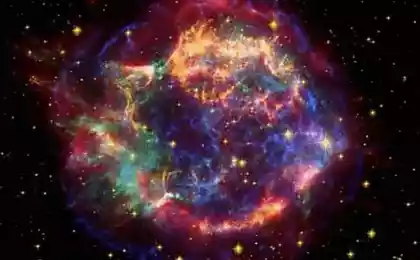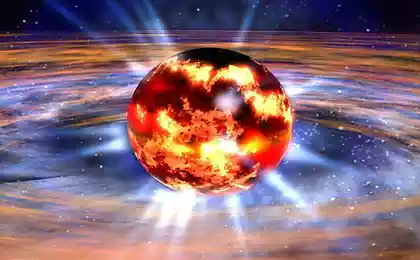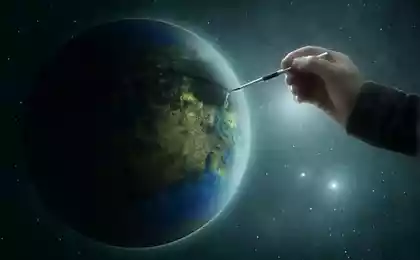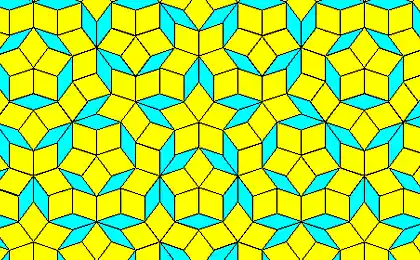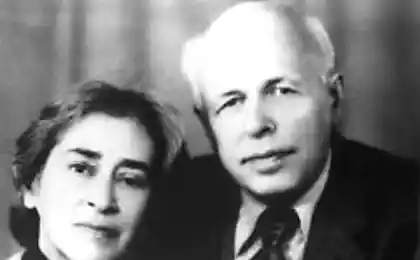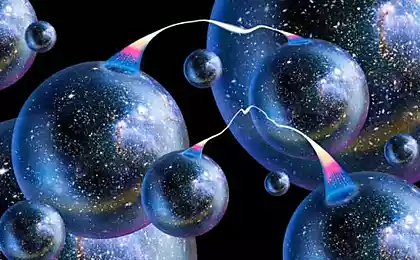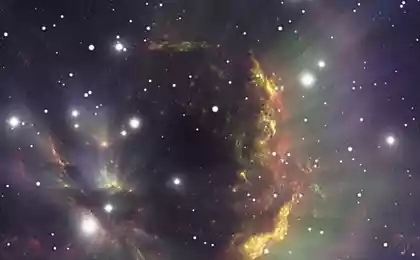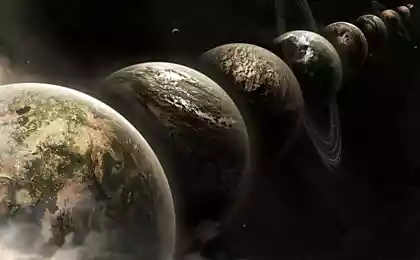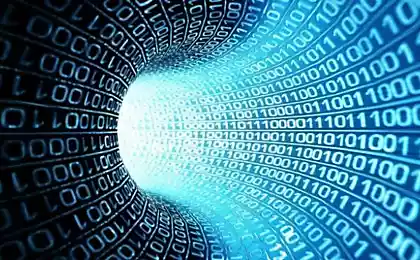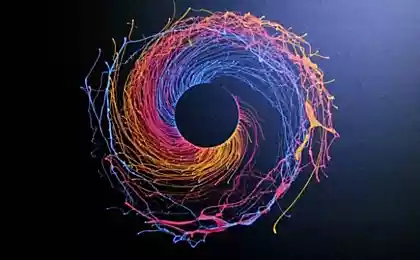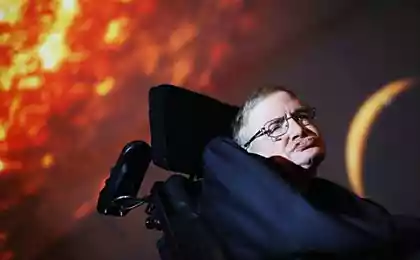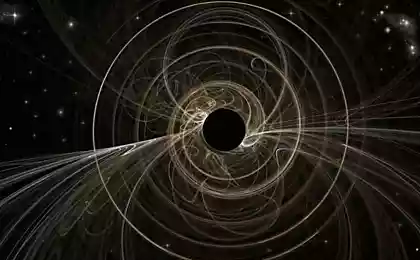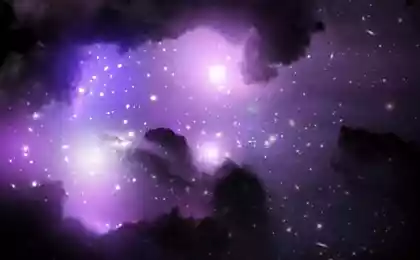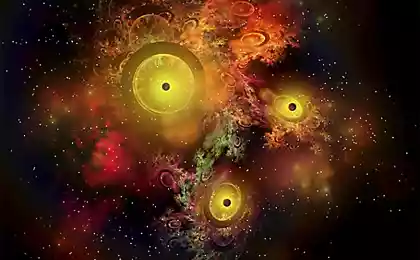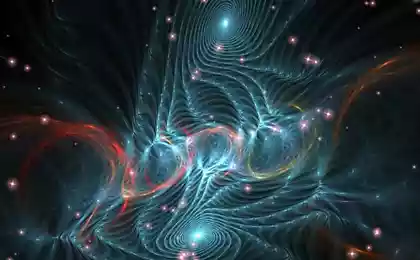965
Theories possible end of our universe (11 photos)
Some theories of the universe promise horrible death, others - immortality
About the universe, we know very little so far. In fact, almost nothing. But because people are thinking about what happens after death, the death of the whole universe we are interested no less. In recent years, the scientific community has put forward many theories - you'd be surprised how much they differ from each other. Truth, of course, can not know anybody.
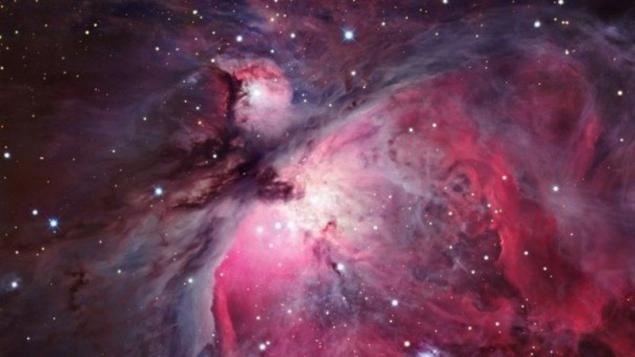
1. Great grip
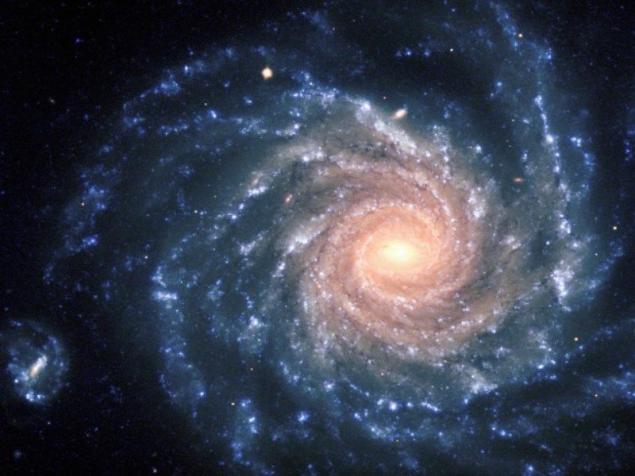
The most famous theory about the birth of the universe - it is the theory of the Big Bang. It states that all matter originally existed as a singularity - an infinitely dense point in the middle of the great nothingness. And then for some reason there was an explosion. Matter burst out with incredible speed and gradually became known universe.
As you might guess, Great grip - a big bang "in reverse". The universe is gradually expanding under the influence of its own gravity, but this has to be a limit - a certain endpoint boundary. When the universe reaches this limit, it will stop expanding and start contracting. Then the whole matter (planets, stars, galaxies, black holes -All) again shrinks to one infinitely dense point.
However, recent evidence of this theory are controversial - scientists have recently discovered that the universe is expanding faster and faster.
2. Heat Death of the Universe
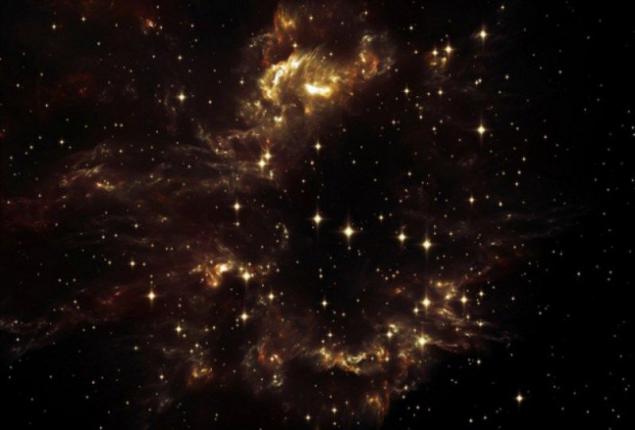
In general, the heat death - the opposite of greater compression. According to the theory, gravity contributes to the fact that the universe will continue to expand exponentially. Galaxies are moving away from each other on and on, like the unhappy lovers, and all-encompassing black gap between them will grow.
The universe follows the same rules as any thermodynamic system: the heat is evenly distributed throughout that it is. All matter in the universe is uniformly distributed among the cold, dull and dark "fog».
In the end, all the stars, one by one, break out and go out, and the energy for the emergence of new stars will not be - the universe will go out. Matter still remain in place, but in the form of particles, whose movement is completely erratic. These particles will collide with each other, but without the exchange of energy. And the people? People also become only the particles in the midst of the vast emptiness.
3. Thermal death plus black holes
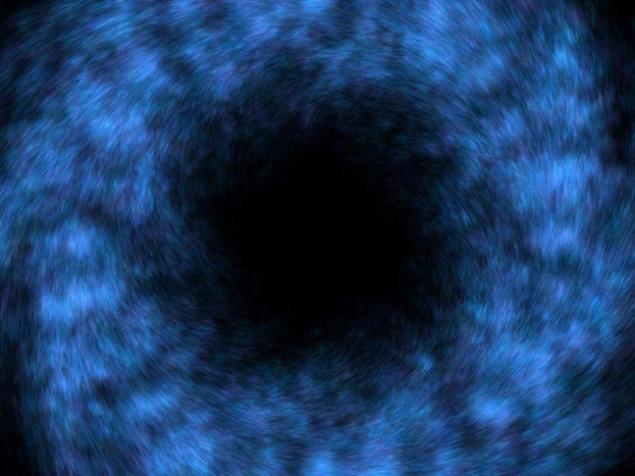
According to a popular theory, all matter in the universe moves around the black hole in the center of almost all the known galaxies have supermassive black holes. This may mean that the stars and even entire galaxies will eventually be destroyed as soon as the fall in the event horizon.
Someday, these black holes absorb most of the matter, and we are left alone with the dark universe. From time to time there will appear a flash of light - it would mean that an object turned out to be close enough to the black hole to highlight energy. Then again become dark.
Then the more massive black holes absorb less massive and thus become even more. But that's not the end of the universe: black holes evaporate over time (lose their mass), as radiate the fact that modern science became known as Hawking radiation. And when die last black hole in the universe will be only evenly distributed particles of Hawking radiation.
4. End of Time
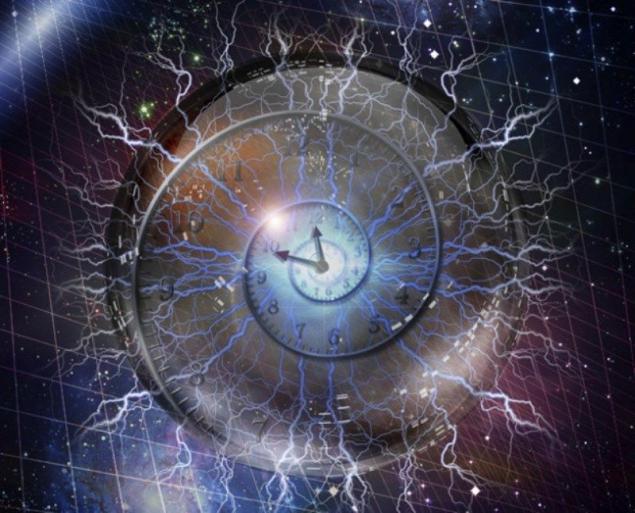
If there is in this world, at least something eternal, then it is definitely time. Regardless of whether the universe exist, the time is certainly not going away - without it simply would be no way to distinguish from the previous moment later. But what if the time just freezes? What if what we mean by the moments, never will be? Everything will fall asleep in the same endless moment - forever.
Suppose we live in an infinite universe with infinite time. This means that anything that can happen will happen with absolute certainty. The same paradox arises, if you live forever. Imagine that your lifetime is unlimited, so everything that can happen to you, too, will happen, with an infinite number of times. So, if you live forever, the chance to briefly retire from the system is 100%, and you will spend eternity in the darkness of space. On this basis, scientists have suggested: the time, in the end, will stop.
If you could live forever, to experience all of this (in billions of years after the death of the Earth), you'd never even realized that something had gone wrong. Time just stops, and, according to scientists, all will fall asleep in one instant, like in the picture - forever. It will be just the same moment. You would never have died, they would never grow old. It would be a kind psevdobessmertie. But you would never even know.
5. Big rebound
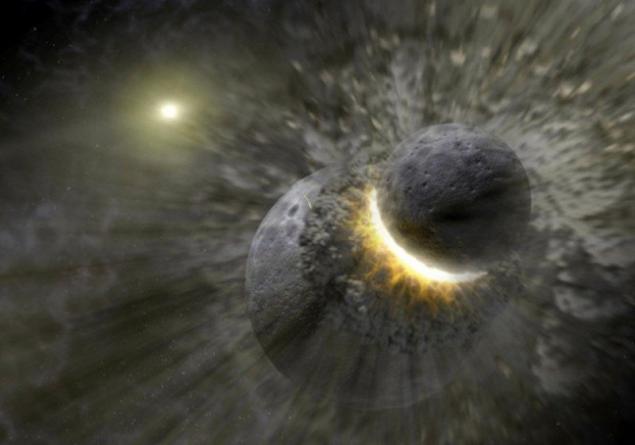
Big rebound like a big contraction, but a much more optimistic. The scenario is the same: under the influence of gravity slows down the expansion of the universe, and eventually all matter is collected in a single point. According to this theory, the rapid compression force will be sufficient to was a new Big Bang - and then there will be a new, young universe. According to this model, nothing will be lost - a matter of "redistributed».
But physics and such an explanation does not like. Therefore, some scholars argue that, perhaps, the universe does not pass all the way back to the singularity. Instead, it will approach that state as closely as possible, and then "bounce" by force, similar to what occurs when a ball bounces off the floor.
Big rebound is very similar to the Big Bang - will be a new theory of the universe. Thus, it is our universe can not be the first, and, say, 400 in a row. But there is no way to prove it - as well as to refute.
6. A large gap
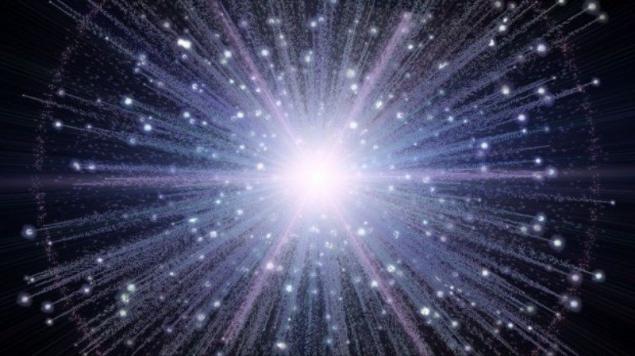
Regardless of how the universe will die, scientists do not hesitate to name the new theory use the word "more." This, incidentally, still an understatement. According to the theory of the Big Rip, invisible force called dark energy will cause the universe to expand faster. As a result, she will drive, just to be broken off part.
Most theories suggest that the universe will die more very soon. But the theory of the Big Rip it promises relatively quick death - according to preliminary estimates it happens in 16 Ga.
The planets and possibly even life will exist. And this universal cataclysm could again destroy everything: tear everything to pieces and fed to lions space living between universes. That will happen, we can only guess. But this end will be much worse than a slow heat death.
7. metastable vacuum
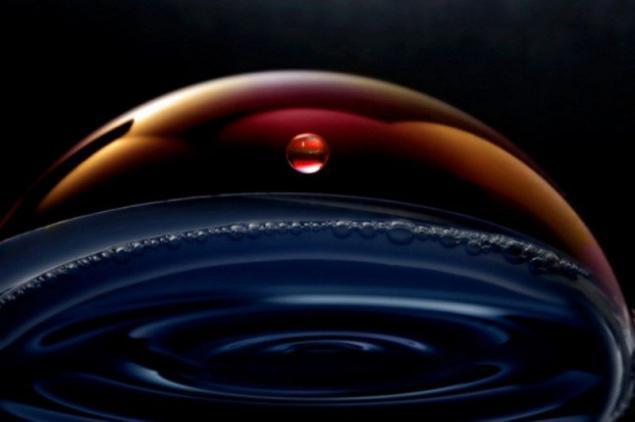
The theory is based on the idea that the universe is constantly in an unstable state - even quantum physics says that she is teetering on the verge of sustainability. Some scientists believe that the universe is billions of years will step over the brink.
When this happens, there will be a kind of "bubble". Think of it as an alternative universe (though in fact it is the same universe with other properties). The bubble starts to expand in all directions at the speed of light and destroy everything with what soprikosnёtsya. And in the end will destroy everything.
But do not worry: the universe at the same time still exist. Only the laws of physics in it will be completely different, but there, too, could be life. Only there will not be anything that we humans will be able to understand.
8. Temporary barrier
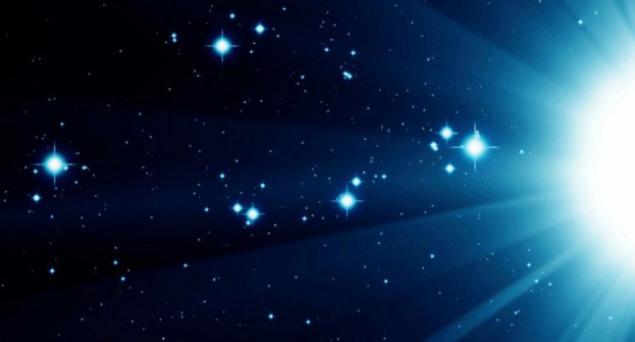
If we try to calculate the probability of the existence of the multiverse, in which there are an infinite number of universes, but a little (or completely) different, then be faced with the same problem as in the theory of the end of time: everything that can happen, will happen. < br />
To circumvent this problem, the scientists take a separate section of the universe, and calculate the probability of its existence. Calculations seem logical, but the universe is divided into separate pieces - like a cake. And each piece is a boundary, like regions on the world political map. Only it is necessary to imagine that each country shares rush into the sky wall.
This model can only exist if the border - the real, physical, beyond which nothing can escape. According to estimates, in the next 3, 7 billion years, we will cross the time barrier, and for us the universe will end.
This in general terms - understanding of physics to describe the theory in detail, we do not have. Physicists, however, too. But the prospect seems creepy.
9. End of the Universe will not be! (... We do live in a multiverse, huh?)
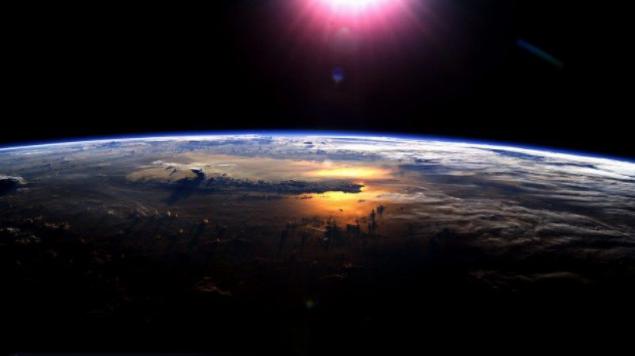
In an infinite universe the multiverse can occur within all existing and beyond. Universes can start with the Big Bang. We may end up more compressed or more gap, or even the Big Kick (this theory has not yet come up, so if you have friends physics can throw them an idea).
But it does not matter: in the multiverse universe - not a unique case, it is just one of many. And although she can die with the multiverse while nothing much happens. So, no end.
Despite the fact that even time itself in other universes could be very different and behave differently, new universes in the multiverse there all the time (pardon the pun). According to physics, the new universe will always be larger than the old ones, so in theory the number of universes is constantly growing.
10. Eternal Universe
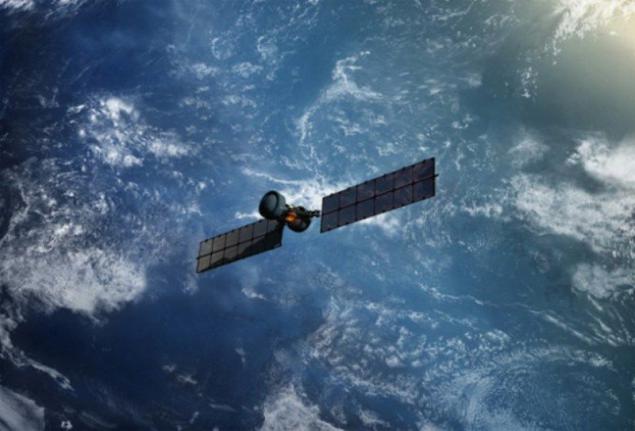
The fact that the universe has always been and will always be - one of the first concepts developed by the people of her nature. But there is something more serious.
It can be assumed that the Big Bang was the beginning of time. But perhaps that time there were up to him, and the singularity and the explosion may have occurred because of a collision between two branes - sheet-like structures of the space formed at a higher level of existence. According to this model, the universe is cyclical and always will be to expand and contract.
Theoretically, we can know for sure in the next 20 years. Do scientists have a satellite "Planck" specifically for observing the universe. Of course, this is not easy, but scientists still can understand why our universe began and how it will end. In theory, again.
About the universe, we know very little so far. In fact, almost nothing. But because people are thinking about what happens after death, the death of the whole universe we are interested no less. In recent years, the scientific community has put forward many theories - you'd be surprised how much they differ from each other. Truth, of course, can not know anybody.

1. Great grip

The most famous theory about the birth of the universe - it is the theory of the Big Bang. It states that all matter originally existed as a singularity - an infinitely dense point in the middle of the great nothingness. And then for some reason there was an explosion. Matter burst out with incredible speed and gradually became known universe.
As you might guess, Great grip - a big bang "in reverse". The universe is gradually expanding under the influence of its own gravity, but this has to be a limit - a certain endpoint boundary. When the universe reaches this limit, it will stop expanding and start contracting. Then the whole matter (planets, stars, galaxies, black holes -All) again shrinks to one infinitely dense point.
However, recent evidence of this theory are controversial - scientists have recently discovered that the universe is expanding faster and faster.
2. Heat Death of the Universe

In general, the heat death - the opposite of greater compression. According to the theory, gravity contributes to the fact that the universe will continue to expand exponentially. Galaxies are moving away from each other on and on, like the unhappy lovers, and all-encompassing black gap between them will grow.
The universe follows the same rules as any thermodynamic system: the heat is evenly distributed throughout that it is. All matter in the universe is uniformly distributed among the cold, dull and dark "fog».
In the end, all the stars, one by one, break out and go out, and the energy for the emergence of new stars will not be - the universe will go out. Matter still remain in place, but in the form of particles, whose movement is completely erratic. These particles will collide with each other, but without the exchange of energy. And the people? People also become only the particles in the midst of the vast emptiness.
3. Thermal death plus black holes

According to a popular theory, all matter in the universe moves around the black hole in the center of almost all the known galaxies have supermassive black holes. This may mean that the stars and even entire galaxies will eventually be destroyed as soon as the fall in the event horizon.
Someday, these black holes absorb most of the matter, and we are left alone with the dark universe. From time to time there will appear a flash of light - it would mean that an object turned out to be close enough to the black hole to highlight energy. Then again become dark.
Then the more massive black holes absorb less massive and thus become even more. But that's not the end of the universe: black holes evaporate over time (lose their mass), as radiate the fact that modern science became known as Hawking radiation. And when die last black hole in the universe will be only evenly distributed particles of Hawking radiation.
4. End of Time

If there is in this world, at least something eternal, then it is definitely time. Regardless of whether the universe exist, the time is certainly not going away - without it simply would be no way to distinguish from the previous moment later. But what if the time just freezes? What if what we mean by the moments, never will be? Everything will fall asleep in the same endless moment - forever.
Suppose we live in an infinite universe with infinite time. This means that anything that can happen will happen with absolute certainty. The same paradox arises, if you live forever. Imagine that your lifetime is unlimited, so everything that can happen to you, too, will happen, with an infinite number of times. So, if you live forever, the chance to briefly retire from the system is 100%, and you will spend eternity in the darkness of space. On this basis, scientists have suggested: the time, in the end, will stop.
If you could live forever, to experience all of this (in billions of years after the death of the Earth), you'd never even realized that something had gone wrong. Time just stops, and, according to scientists, all will fall asleep in one instant, like in the picture - forever. It will be just the same moment. You would never have died, they would never grow old. It would be a kind psevdobessmertie. But you would never even know.
5. Big rebound

Big rebound like a big contraction, but a much more optimistic. The scenario is the same: under the influence of gravity slows down the expansion of the universe, and eventually all matter is collected in a single point. According to this theory, the rapid compression force will be sufficient to was a new Big Bang - and then there will be a new, young universe. According to this model, nothing will be lost - a matter of "redistributed».
But physics and such an explanation does not like. Therefore, some scholars argue that, perhaps, the universe does not pass all the way back to the singularity. Instead, it will approach that state as closely as possible, and then "bounce" by force, similar to what occurs when a ball bounces off the floor.
Big rebound is very similar to the Big Bang - will be a new theory of the universe. Thus, it is our universe can not be the first, and, say, 400 in a row. But there is no way to prove it - as well as to refute.
6. A large gap

Regardless of how the universe will die, scientists do not hesitate to name the new theory use the word "more." This, incidentally, still an understatement. According to the theory of the Big Rip, invisible force called dark energy will cause the universe to expand faster. As a result, she will drive, just to be broken off part.
Most theories suggest that the universe will die more very soon. But the theory of the Big Rip it promises relatively quick death - according to preliminary estimates it happens in 16 Ga.
The planets and possibly even life will exist. And this universal cataclysm could again destroy everything: tear everything to pieces and fed to lions space living between universes. That will happen, we can only guess. But this end will be much worse than a slow heat death.
7. metastable vacuum

The theory is based on the idea that the universe is constantly in an unstable state - even quantum physics says that she is teetering on the verge of sustainability. Some scientists believe that the universe is billions of years will step over the brink.
When this happens, there will be a kind of "bubble". Think of it as an alternative universe (though in fact it is the same universe with other properties). The bubble starts to expand in all directions at the speed of light and destroy everything with what soprikosnёtsya. And in the end will destroy everything.
But do not worry: the universe at the same time still exist. Only the laws of physics in it will be completely different, but there, too, could be life. Only there will not be anything that we humans will be able to understand.
8. Temporary barrier

If we try to calculate the probability of the existence of the multiverse, in which there are an infinite number of universes, but a little (or completely) different, then be faced with the same problem as in the theory of the end of time: everything that can happen, will happen. < br />
To circumvent this problem, the scientists take a separate section of the universe, and calculate the probability of its existence. Calculations seem logical, but the universe is divided into separate pieces - like a cake. And each piece is a boundary, like regions on the world political map. Only it is necessary to imagine that each country shares rush into the sky wall.
This model can only exist if the border - the real, physical, beyond which nothing can escape. According to estimates, in the next 3, 7 billion years, we will cross the time barrier, and for us the universe will end.
This in general terms - understanding of physics to describe the theory in detail, we do not have. Physicists, however, too. But the prospect seems creepy.
9. End of the Universe will not be! (... We do live in a multiverse, huh?)

In an infinite universe the multiverse can occur within all existing and beyond. Universes can start with the Big Bang. We may end up more compressed or more gap, or even the Big Kick (this theory has not yet come up, so if you have friends physics can throw them an idea).
But it does not matter: in the multiverse universe - not a unique case, it is just one of many. And although she can die with the multiverse while nothing much happens. So, no end.
Despite the fact that even time itself in other universes could be very different and behave differently, new universes in the multiverse there all the time (pardon the pun). According to physics, the new universe will always be larger than the old ones, so in theory the number of universes is constantly growing.
10. Eternal Universe

The fact that the universe has always been and will always be - one of the first concepts developed by the people of her nature. But there is something more serious.
It can be assumed that the Big Bang was the beginning of time. But perhaps that time there were up to him, and the singularity and the explosion may have occurred because of a collision between two branes - sheet-like structures of the space formed at a higher level of existence. According to this model, the universe is cyclical and always will be to expand and contract.
Theoretically, we can know for sure in the next 20 years. Do scientists have a satellite "Planck" specifically for observing the universe. Of course, this is not easy, but scientists still can understand why our universe began and how it will end. In theory, again.
Otmoem, brush your hair, you look - will heal
Puzzles and inventions of Leonardo da Vinci (18 photos)
